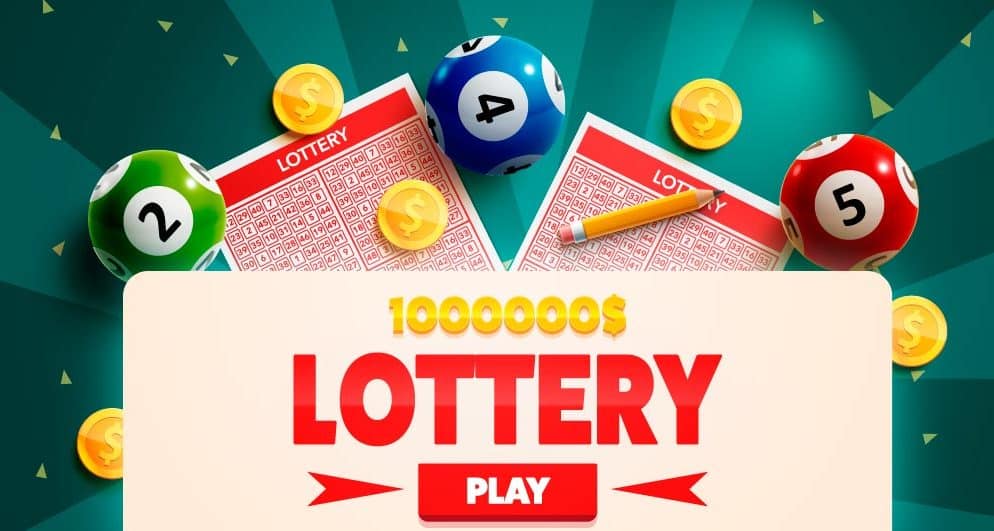In a world where luck seems elusive and fortunes are sought after, lottery games stand as a beacon of hope for many. Whether it’s the allure of instant wealth or the dream of a life-changing windfall, lotteries captivate millions worldwide, transcending borders, cultures, and socioeconomic statuses. But beneath the surface of these seemingly random draws lies a complex tapestry of psychology, mathematics, and human ambition messipoker.
Lotteries, in their various forms, have been around for centuries, with evidence of early versions dating back to ancient civilizations. From the Roman Empire’s “drawing lots” to Renaissance-era Italian lotteries, the concept of allocating prizes through chance has long fascinated societies. Fast forward to the modern era, and lotteries have evolved into sophisticated games with multimillion-dollar jackpots and intricate mechanics.
At its core, the allure of the lottery lies in its promise of a life-changing payout despite astronomical odds. Whether it’s picking the right combination of numbers or scratching off a winning ticket, the thrill of anticipation is universal. Psychologists attribute this appeal to the concept of “optimism bias,” where individuals believe they are more likely to experience positive outcomes than statistical probabilities suggest.
However, the psychology of lotteries goes beyond mere optimism. Studies have shown that socioeconomic factors play a significant role in lottery participation, with lower-income individuals more likely to spend a disproportionate amount of their earnings on tickets. For some, the lottery represents a tantalizing escape from financial hardship, despite the slim chances of winning.
From a mathematical standpoint, the odds of hitting the jackpot in most lotteries are exceedingly low, often in the millions or even billions to one. Yet, paradoxically, this astronomical improbability fuels the frenzy, with each ticket purchase symbolizing a leap of faith against the odds. Mathematicians and statisticians have dissected the mechanics of lottery games, analyzing everything from number patterns to probability distributions in a quest to gain an edge.
But beyond the statistics, lottery games serve as a mirror reflecting societal values and aspirations. The dream of sudden wealth resonates deeply in cultures worldwide, transcending linguistic and cultural barriers. From rags-to-riches tales to the allure of financial freedom, the lottery embodies the collective yearning for a better, more prosperous future.
Despite criticisms of promoting gambling and preying on the vulnerable, lotteries also contribute significantly to public coffers, funding education, infrastructure, and social programs. In this sense, they serve as a double-edged sword, providing both entertainment and societal benefits while raising ethical questions about their impact on individuals and communities.
In recent years, the advent of online lotteries and blockchain-based platforms has further transformed the landscape, offering new opportunities and challenges. Digital innovations have expanded access to lottery games while introducing concepts like provably fair draws and decentralized governance, reshaping age-old traditions in the digital age.
As lottery games continue to evolve, one thing remains constant: the human fascination with chance and fortune. Whether viewed as a form of entertainment, an investment in hope, or a societal enigma, lotteries occupy a unique place in the collective imagination.
